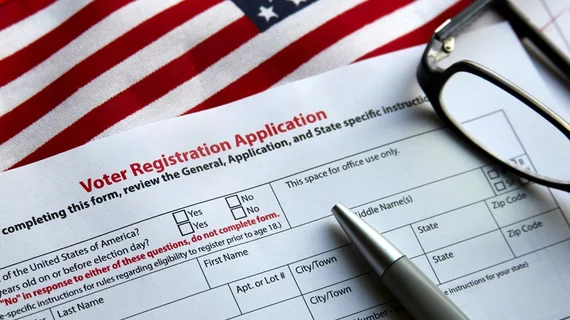Radiology Political Action Committee watching presidential primaries ‘very closely’
The nation’s largest radiology-focused political action committee is keeping a close eye on upcoming presidential primaries to determine how they may impact the specialty.
RADPAC—an official arm of the American College of Radiology’s foundation—does not contribute to such races, opting only to chip in toward House and Senate campaigns.
“That said, RADPAC still follows the presidential primaries very closely because of the impact the winner could have on future healthcare policymaking, and more specifically in radiology,” the ACR noted in a Jan. 31 news item.
Democratic primaries are set to kick off on Monday, Feb. 3, in Iowa with contests to follow in Nevada Feb. 22 and South Carolina Feb. 29. “March is really the month that could ultimately determine the fate of the next Democratic presidential nominee,” ACR noted, with 14 state contests slated for Super Tuesday.
Meanwhile, President Donald Trump is “not expected to have a serious primary fight on his hands,” as is typically the case for White House incumbents.
RADPAC is one of the largest physician specialty-focused political action committees in the U.S., raising more than $1 million from radiologists in 2018. Those funds were used to back two radiologists running for Congress that year, who ultimately lost.
Radiologists made more than $16 million in political contributions between 2003 and 2016, with the lion’s share going to RADPAC, one recent study found.

